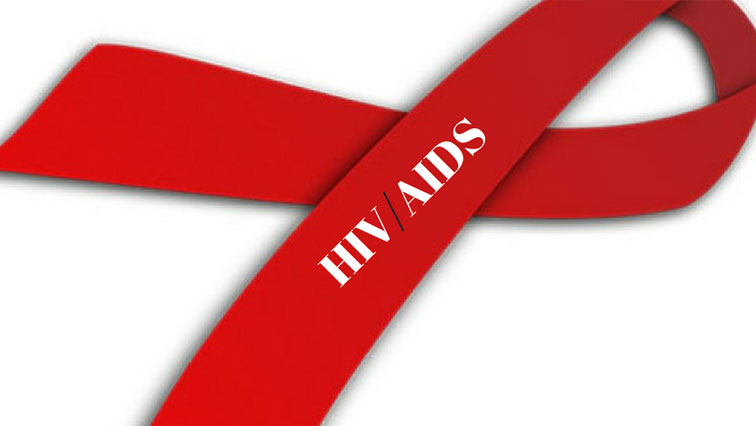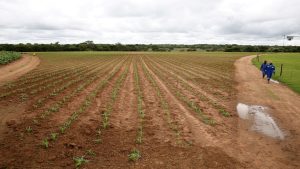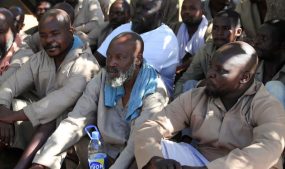When she discovered she was HIV-positive early this year, sex worker Evelyn Msipa, 32, was alone in her rented apartment in Zimbabwe’s capital Harare.
She wept on seeing the result from the self-testing kit she had used, then rushed to a local health centre where she received counselling before the diagnosis was confirmed.
Msipa bought the kit from a pharmacy as she had been afraid to find out her HIV status at a public clinic and is one of a rising number of Zimbabweans using self-testing kits.
Under an initiative launched in 2016, the kits are sold for $3 to $5 in pharmacies and are free at public health centres as part of a drive to ensure 90% of Zimbabweans know their HIV status by 2020 and receive treatment quickly if needed.
“Being HIV-positive is not a death sentence after all – I know now. Nobody can tell that I have HIV because I look healthy,” Msipa told the Thomson Reuters Foundation.
Msipa said her decision to use a self-testing kit had influenced other women she works with to follow her example.
UNAids data shows about 1.3 million of Zimbabwe’s population of 16 million are living with HIV, including some 740 000 women. About three-quarters get antiretroviral therapy that can suppress the virus that leads to Aids.
Although infection rates have slowed, the UN programme said Zimbabwe recorded 40 000 new HIV infections and 30 000 Aids-related deaths in 2016.
New HIV infections have nearly halved since 2010 and Aids-related deaths have fallen 45%.
The government hopes self-testing will lead to more people starting early treatment for HIV and ultimately lower the prevalence of HIV infection in Zimbabwe.
“It is a good way to reach a lot more people,” said Angela Mushavi, a doctor with the Ministry of Health and Child Care.
One million HIV self-testing kits have been distributed in Zimbabwe free of charge since August 2016, the government said.
The national roll-out has focused on increasing access to self-testing among at-risk groups like sex workers.
It is now being widened to include pregnant women, young people and adolescents, said Mushavi, who is national coordinator for prevention of mother-to-child transmission and paediatric HIV care.
Self-testing has also gained traction in other Southern African countries including Malawi, Zambia, South Africa, Lesotho and Swaziland.
Across the region, 4.8 million DIY kits will be distributedby 2020, funded by global health initiative Unitaid.






